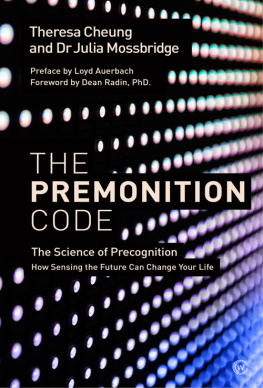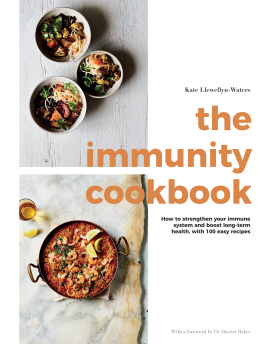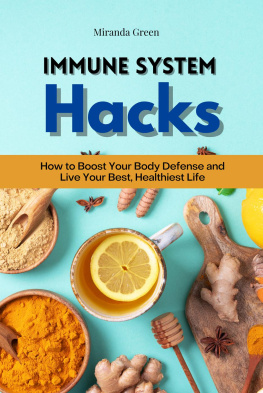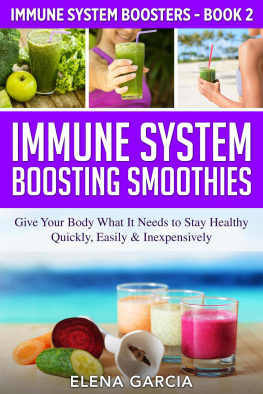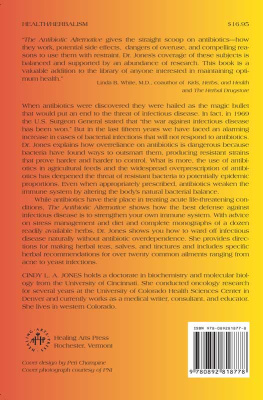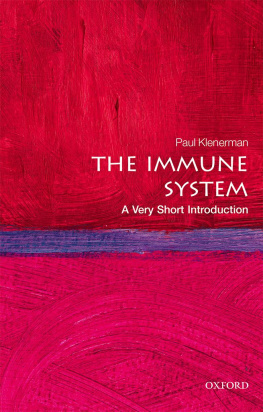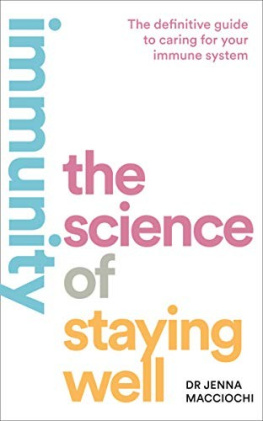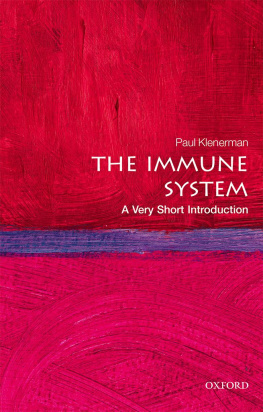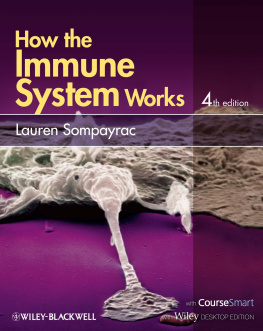The key components of your immune system are the thymus and the lymph system, together with the spleen, bone marrow, white blood cells and antibodies.
The thymus is the source of T cells. T cells a type of white blood cell or lymphocyte are the foot-soldiers of your immune system. They destroy invaders that have been detected by B cells, another type of white blood cell. The lymph system transports nutrients to cells and filters waste. Lymph nodes are collections of lymphoid cells found throughout the body, including the neck, armpits and groin. They are connected by a network of lymph-carrying vessels and are the main sites of storage, activation and production of white blood cells.
The spleen filters the blood, looking out for invaders, and also carries out regular MOT checks on red blood cells. Bone marrow is the source of new red and white blood cells. White blood cells are actually a collection of cells that work together to destroy bacteria and viruses. There are numerous types of white blood cells: leukocytes, helper T cells, natural killer cells and so on. Finally, there are five primary types of antibody, known as immunoglobins, each of which responds and binds to a specific invader, preventing it from entering host cells. We need huge quantities of antibodies to protect us from the constant and daily bombardment of bacteria we unknowingly inhale or digest in our food.
Your immune system is an elaborate, interactive system of cells, chemicals and tissues located throughout your body. When any of its components come into contact with cells or substances such as bacteria or viruses to which they are programmed to respond, a series of reactions is triggered that destroys the invaders or renders them harmless.
A cell or chemical that triggers an immune reaction is called an antigen, and that reaction can be either innate or adaptive. The innate immune response produces an immediate, nonspecific immune response to disease-causing antigens that enter or appear inside the body. An army of scavenging white blood cells constantly roams around your body on the lookout for bugs; if a white blood cell detects an enemy, then it is immediately transported to the nearest lymph node, situated in your neck, armpits and groin, and destroyed without mercy. You can feel this process happening every time your glands become swollen because innate immunity also includes the inflammation or swelling process.
While the innate response is working on the front lines, the adaptive response system is quietly working behind the scenes to find a defence specifically tailored to deal with the antigen. Typically, the adaptive response takes about five to seven days to get completely mobilised; if the antigen works faster than that, youre in trouble.
Although the immune system is capable of diversifying its defence plan to meet a wide variety of invading antigens and once immunity to a specific antigen has been developed that immunity will protect against future attacks by antigens that produce similar diseases its important to point out that each antigen requires an individual response. So, if youve developed immunity to the chickenpox virus, you still need to develop immunity to deal with the measles virus and if youve developed immunity to one strain of flu virus you still need to develop immunity to deal with countless other cold and flu viruses.
Your body is under daily attack from infectious agents doing their best to get inside your body. To a bug, your body offers warmth, safety and food; these make it a very attractive proposition.
Bacteria, viruses and other infectious agents live everywhere. You can find them in the air; on food, plants and animals; in soil and in water; and on almost every surface, including those of your own body. They range in size from microscopic single-cell organisms to parasitic worms that can grow to several centimetres in length.
Most of these agents wont make you ill, but others can cause infection and harm you. Even though your hard-working immune system is powerful and usually successful at defending you from invaders, it does face the constant threat of viruses and bacteria that are forever mutating, and seeking new ways to attack and break down your immune defences. Lets take a look at the constant threats your immune system faces:
Bacteria and viruses
Among the earliest life forms on Earth, bacteria are self-sufficient, one-celled organisms that are visible under a microscope. Not all bacteria, however, are harmful. Some bacteria that live in your body are actually good for you, such as Lactobacillus acidophilus, the healthy bacteria that reside in your intestines and help you digest food. But when unhealthy bacteria enter your body they can make you ill by rapidly reproducing and secreting toxic chemicals that can damage cells in the tissue they have invaded. Common conditions caused by bacteria include strep throat and gastrointestinal illness triggered by E. coli bacteria, which are often linked to undercooked meat.
Even smaller than bacteria, viruses can only be seen through electron microscopes, high-powered instruments that are used to study very small objects. Unlike bacteria, viruses are not self-sufficient; they need a suitable host in which to reproduce. When a virus such as influenza enters you it takes over healthy cells and spreads through your body, causing illness.

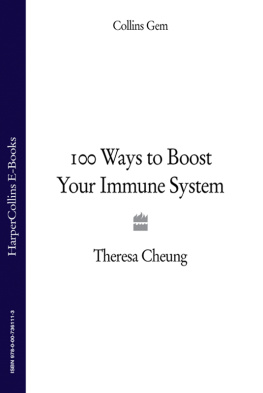


![Theresa Cheung - The Dream Dictionary from A to z; [Revised edition]](/uploads/posts/book/162615/thumbs/theresa-cheung-the-dream-dictionary-from-a-to-z.jpg)

